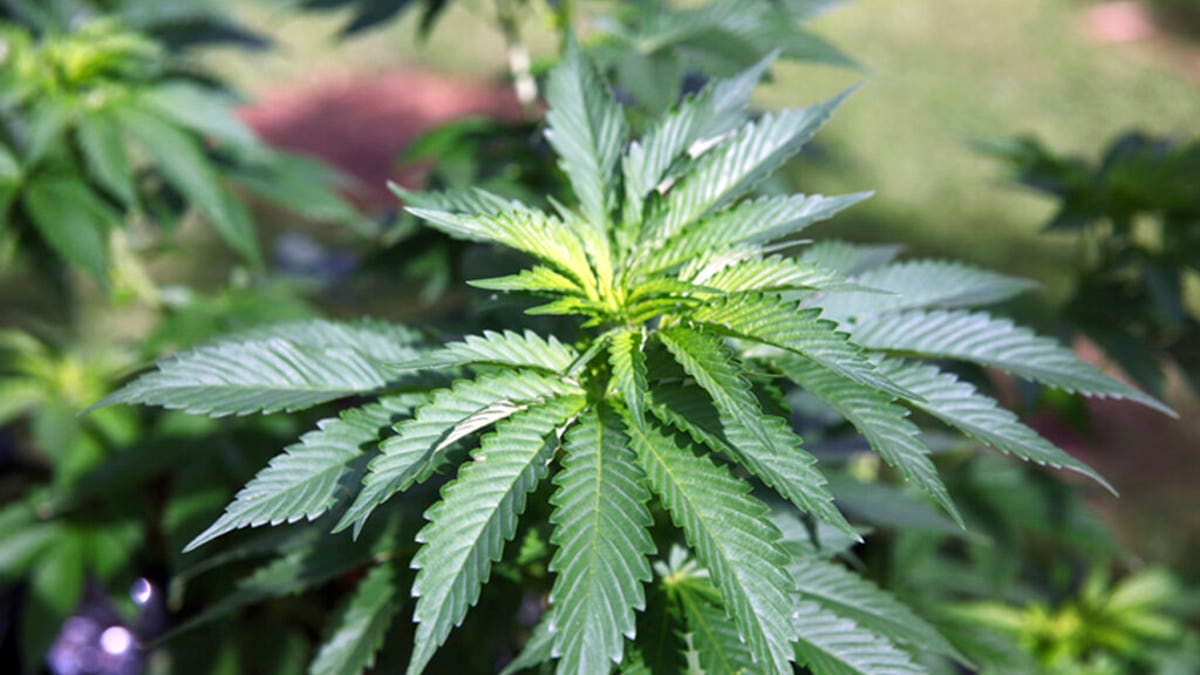Fox News Flash top headlines for December 22
Fox News Flash top headlines are here. Check out what's clicking on Foxnews.com.
The first legal dispensary for recreational marijuana in New York is set to open Dec. 29, marking a long-awaited launch of a cannabis industry that could become one of the country's most lucrative.
Gov. Kathy Hochul announced Wednesday that Housing Works, a minority-controlled nonprofit in Manhattan that serves people with HIV and AIDS, will be the first of 36 recently licensed dispensaries to begin selling cannabis to the general public — even though dozens of illegal shops have been in operation for many months.
The announcement was made one month after the state's Cannabis Control Board took a monumental step in establishing a legal marketplace for marijuana by issuing the first round of licenses. In the coming months, the state is expected to issue an additional 139 licenses, with about 900 applicants waiting to learn their fate.
NEW YORK TEENAGER PLEADS GUILTY TO STABBING 16-YEAR-OLD CHEERLEADER
"The industry will continue to grow from here, creating inclusive opportunity in every corner of New York State with revenues directed to our schools and revitalizing communities," Hochul said in her announcement.

Marijuana plants are seen in a greenhouse at Hepworth Farms in Milton, New York, on July 15, 2022. The first legal dispensary for recreational marijuana in New York is set to open on Dec. 29, 2022. (AP Photo/Marina Riker, File)
New York legalized recreational use of marijuana in March 2021.
RAPPER, ACTOR COMMON MAKES BROADWAY DEBUT IN 'BETWEEN RIVERSIDE AND CRAZY'
Housing Works, which also serves homeless and formerly incarcerated people, was one of eight nonprofits among the initial licensees.
"This opportunity will not only give our team the resources to further our overall mission, but to feature and elevate products coming from LGBTQ+, BIPOC and women-led cannabis brands across the state," said Charles King, chief executive officer of Housing Works.
CLICK HERE TO GET THE FOX NEWS APP
The state reserved its first round of retail licenses for applicants with marijuana convictions or their relatives, plus some nonprofit groups. It also planned a $200 million public-private fund to aid "social equity" applicants.






















